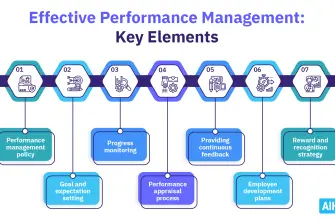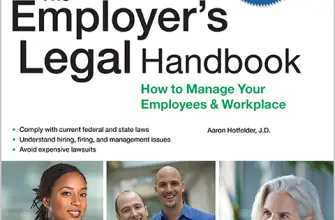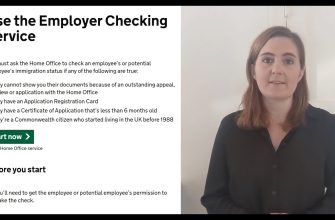Understanding the mandatory retention periods for employee personnel records is crucial for businesses in the UK and Australia. This is not only to comply with legal requirements but also to ensure the smooth running of human resources (HR) operations. The combination of personnel record and procedures is a vital aspect of HR management, involving the systematic collection, storage, and retrieval of both current and ex-employee data. This article will delve into the specifics of how long employers should keep employee records in the UK and Australia, the differences between personal and personnel files, and the importance of effective HR record keeping.
Understanding Personnel Records
A personnel record is a file containing all employment-related information for each employee. It typically includes the employee’s application form, resume, job description, performance evaluations, disciplinary actions, and termination papers, among other documents. Understanding what is a personnel file and how to set up personnel files is crucial for effective HR management.
Personal vs Personnel Files
It’s important to distinguish between personal and personnel files. Personal files contain sensitive information such as home addresses, bank details, and health records. On the other hand, personnel files include employment-related information. Both types of files require secure storage and careful handling to protect employee privacy.
Retention Periods for Employee Records in the UK
In the UK, employers are required to keep certain employee records for specific periods. For instance, working time records should be kept for two years from the date they were made. Payroll record keeping requirements stipulate that payroll records should be kept for three years after the end of the tax year they relate to. This is also the recommended period for how long should you keep tax records UK.
When it comes to how long do employers keep employee records after termination, the general rule is six years from the end of employment. This applies to most documents in the personnel file, including the record of employment and employment service record. However, some records, such as those relating to workplace injuries or exposure to hazardous substances, may need to be kept for longer.
Retention Periods for Employee Records in Australia
In Australia, the Fair Work Act 2009 requires employers to keep certain employee records for seven years. These include records relating to the employee’s pay, hours of work, leave, and termination. Employers must also keep a record of any agreement about the employee’s employment conditions.
HR Record Keeping
Effective HR record keeping is essential for managing employee information, ensuring legal compliance, and supporting decision-making processes. It involves the systematic collection, storage, and retrieval of both current and ex-employee data. Employers should have clear procedures for how long to keep HR files, how long to retain employee records, and how long to keep employee personnel files.
Key Points to Remember
- Employers in the UK generally need to keep employee records for six years after the end of employment, while in Australia, the requirement is seven years.
- Payroll records should be kept for three years after the end of the tax year they relate to in the UK.
- Working time records should be kept for two years from the date they were made in the UK.
- HR record keeping involves the systematic collection, storage, and retrieval of both current and ex-employee data.
- Employers should have clear procedures for how long to keep HR files, how long to retain employee records, and how long to keep employee personnel files.
In conclusion, understanding the mandatory retention periods for employee personnel records is crucial for businesses in the UK and Australia. Employers should ensure they have clear procedures in place for managing these records and comply with all legal requirements. This will not only help to protect employee privacy but also support effective HR management and decision-making processes.








